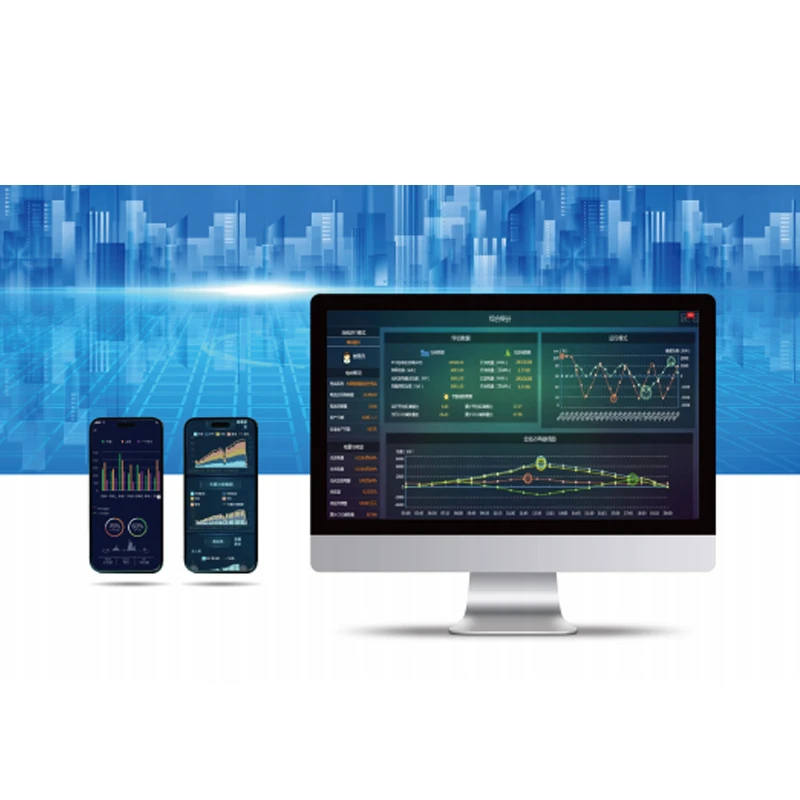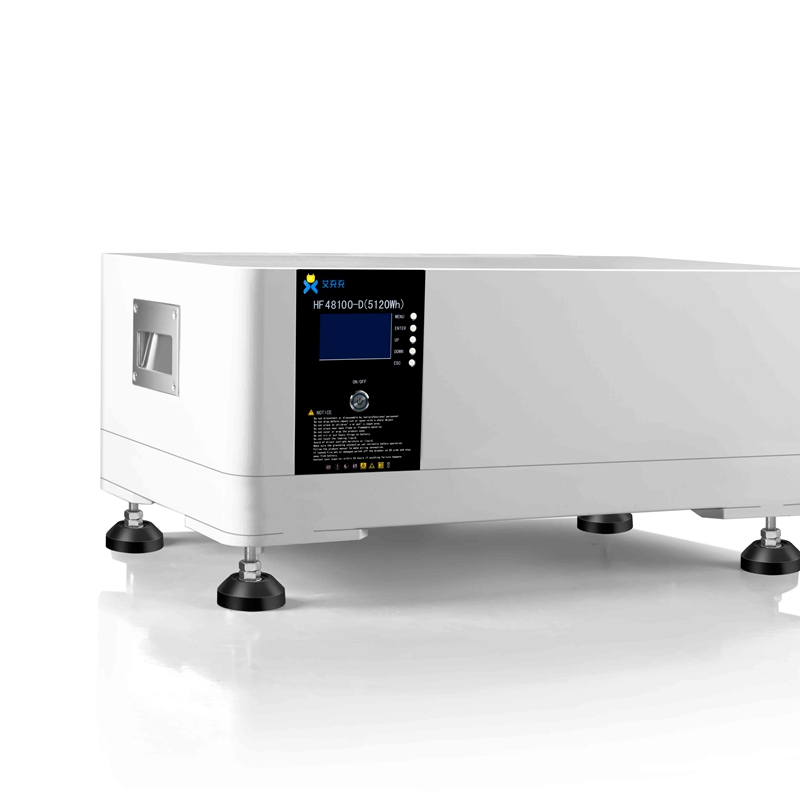
يوليو . 05, 2025 08:50 Back to list
Portable Battery Energy Storage Solutions Leading Exporters & Company Products
- Introduction to portable battery energy storage
and its market growth - Technological advancements and advantages of portable battery storage solutions
- Comparative analysis of top manufacturers and exporters
- Customizable solutions for diverse energy needs
- Real-world application scenarios and success cases
- Challenges and future outlook in the portable battery storage industry
- Conclusion: The evolving landscape of portable battery energy storage

(portable battery energy storage)
Introduction to Portable Battery Energy Storage: Market Growth & Drivers
The demand for clean, efficient, and mobile power has propelled portable battery energy storage into a rapidly expanding sector. As global power requirements shift away from fossil fuels, the adoption rate for portable battery energy storage products has accelerated in various industries, from construction to recreation. According to a recent forecast by MarketsandMarkets, the global battery energy storage system market is projected to reach USD 17.5 billion by 2027, with a compound annual growth rate (CAGR) of 26.4% from 2022 to 2027. The surge is attributed to increased grid instability, rising adoption of electric mobility, and growing investments in renewable energy integration. The shift towards flexible, portable solutions is evident among project developers, emergency service providers, and outdoor event organizers who require immediate, emission-free power sources. As consumer expectations and market demands evolve, portable battery energy storage companies are responding with enhanced solutions that blend portability with high capacity and intelligent management.
Technological Innovations and Performance Advantages
Breakthroughs in lithium-ion and solid-state technologies have significantly boosted the efficiency and longevity of portable battery energy storage systems. Contemporary products now offer energy densities up to 260 Wh/kg, supporting longer operating times within a compact form factor. Integrated Battery Management Systems (BMS) are standard, enhancing safety by monitoring thermal performance, state of charge, and cycle stability. In addition, smart connectivity features allow remote diagnostics, multi-device synchronization, and real-time energy analytics. These portable battery solutions often provide multiple output options—ranging from 12V DC to 220V AC—making them suitable for both sensitive electronic gear and heavy-duty tools. The technological edge also ensures rapid charge cycles, with some models capable of achieving 80% recharge in under one hour. Robust casing materials have improved impact resistance and weatherproofing, resulting in IP65-rated enclosures that endure harsh operating environments. The convergence of high energy efficiency, fast charge times, advanced user interfaces, and modular design has not only unlocked new use cases but established higher industry benchmarks.
Comparative Manufacturer & Exporter Analysis
Selecting the ideal portable battery energy storage company or exporter entails evaluating crucial metrics such as product capacity, price-performance ratio, customization, and after-sales support. Below is a comparative table summarizing key features from leading global suppliers.
| Manufacturer/Exporter Name | Region | Standard Capacity Range | Cell Chemistry | Weight (kg) | Recharge Time (80%) | Export Markets | Customization Options | After-Sales Support |
|---|---|---|---|---|---|---|---|---|
| PowerEx | USA | 500Wh – 20kWh | Lithium-Ion NMC | 5 – 45 | 40 min | North America, Europe | Yes | Global 24/7 |
| Sunergy Solutions | China | 300Wh – 15kWh | LFP | 4 – 38 | 55 min | Asia, Africa, Europe | Yes (B2B/B2C) | Regional Offices |
| EcoStor International | Germany | 1kWh – 25kWh | Solid-State | 8 – 60 | 35 min | Europe, Middle East | Partial | Centralized |
| LUMO Tech | Korea | 2kWh – 10kWh | Lithium-Ion NMC | 6 – 30 | 50 min | Worldwide | Custom Branding | Online Portal |
This analysis underlines the diversity of offerings, where companies differentiate through proprietary chemistries, rapid charging protocols, and customer-centric customization services. When considering exporters, factors such as logistics efficiency and compliance with export regulations become equally pivotal.
Custom Solutions for Individual and Industrial Applications
The versatility of portable battery energy storage products enables adaptation across an array of operational environments, from off-grid adventure setups to construction sites and remote monitoring stations. Manufacturers and exporters now offer modular system designs that can be scaled or integrated based on specific energy demands. For example, ruggedized storage cases with integrated solar charge controllers cater to off-road and emergency response clients, while units with UPS functionality, voltage conversion, and IoT monitoring appeal to event organizers and industrial operators. Corporate clients often seek rack-mounted or stackable systems featuring tailored output voltages (24V/48V/110V/220V), smart load balancing, and proprietary safety controls. Some portable battery energy storage companies have introduced self-healing features and blockchain-powered energy traceability for sectors where uptime and certification are mission-critical. Furthermore, integration with renewable sources—like foldable solar panels or compact wind turbines—enables turnkey green energy solutions for remote deployments. This customizable approach aligns with the growing trend towards decentralized energy, supporting diverse markets and specialized project requirements.
Application Cases: From Field Deployments to Urban Infrastructure
The real-world impact of portable battery energy storage is evident across multiple sectors. In disaster response scenarios, rapid deployment units have provided up to 1MW of emergency power for communication systems and medical devices in under two hours. Outdoor events such as festivals and film productions utilize mobile banks ranging from 5kWh to 60kWh, eliminating noise and emissions associated with diesel generators while ensuring uninterrupted operations. Telecommunication providers regularly deploy weatherproof portable storage products to power remote cell towers, achieving cost reductions of 25% compared to conventional fuel logistics. In construction, smart portable units streamline workflow by enabling the use of power-intensive tools without requiring grid connections—supporting productivity gains of up to 18%. Military applications highlight the portability and reliability of advanced battery systems, which have undergone environmental stress tests for humidity, altitude, and impact resistance. Notably, a recent urban microgrid pilot project integrated 500 portable battery modules to stabilize fluctuation in local energy supply, reducing blackout durations by 34% and demonstrating the scalable value of these products not just as backup assets but as key enablers of grid modernization.
Industry Challenges and Future Perspectives
Despite significant progress, portable battery energy storage faces ongoing hurdles. Battery raw material sourcing remains a challenge, as lithium, cobalt, and nickel procurement is exposed to price volatility and ethical mining concerns. Lifecycle management is another focus area: As more portable units reach end-of-life, both manufacturers and exporters must address recycling strategies and regulatory compliance. Thermal runaway prevention and further improvement in cycle stability are prompting investments in next-generation chemistries such as solid-state and sodium-ion. Market analysts anticipate a steep increase in demand from mobile healthcare, data centers, and decentralized rural electrification projects. To address grid integration, R&D efforts are targeting seamless switchover protocols and AI-enhanced predictive management. Regulatory harmonization, especially in safety and transport certification, is expected to streamline global exports. As a result, collaborative innovation between battery producers, technology providers, and logistics networks will define future leadership in this dynamic sector.
Conclusion: The Evolving Landscape of Portable Battery Energy Storage
The trajectory of portable battery energy storage demonstrates its pivotal role in the evolution of distributed, clean energy systems. The synergy between cutting-edge battery technologies, robust manufacturer-exporter supply chains, and tailored application engineering is reshaping how individuals and businesses access power. As new market demands arise, and as portable battery energy storage products continue to improve in performance, resilience, and sustainability, stakeholders across the spectrum— from end-users to large-scale industries— stand to benefit from increased autonomy, lower environmental impact, and greater energy security. The coming years will likely see exponential adoption, supported by continued innovation from leading portable battery energy storage companies and exporters dedicated to redefining mobility and empowerment in the global energy landscape.

(portable battery energy storage)
FAQS on portable battery energy storage
Q: What is portable battery energy storage?
A: Portable battery energy storage refers to compact battery systems designed to store and deliver electricity wherever needed. These devices can power electronics or provide backup energy in off-grid situations. They are widely used for camping, outdoor activities, and emergency situations.Q: How can I find a reliable portable battery energy storage company?
A: Look for companies with proven experience and certifications in manufacturing portable battery energy storage products. Check customer reviews and product warranties before making a purchase. It's best to choose a company with good after-sales support.Q: What are the main types of portable battery energy storage products?
A: The main types include power banks, portable power stations, and compact lithium-ion battery packs. Each serves different energy needs, from charging phones to powering home appliances. Product choice depends on capacity and intended use.Q: Can I export portable battery energy storage products internationally?
A: Yes, many companies act as portable battery energy storage exporters to supply products worldwide. However, you must comply with international shipping and safety regulations for batteries. It's advisable to work with experienced exporters for smooth transactions.Q: What should I consider when choosing a portable battery energy storage product?
A: Consider the device’s capacity, weight, and compatibility with your electronic devices. Safety certifications and warranty are also important factors. Always buy from reputable portable battery energy storage companies or exporters.This is the last article
-
Portable Battery Energy Storage Solutions Leading Exporters & Company Products
NewsJul.05,2025
-
Good Home Power Supply – Reliable Solutions from Leading Company & Exporters
NewsJul.05,2025
-
Outdoor Emergency Power Supply Qualification Requirements – Reliable Products & Expert Company Services
NewsJul.05,2025
-
High-Efficiency Flywheel Mechanical Energy Storage Solutions - Leading Exporter & Manufacturer
NewsJul.04,2025
-
Distributed Renewable Energy Storage Solutions – Reliable, Scalable & Eco-friendly Systems
NewsJul.04,2025
-
Industrial Energy Storage Solutions for Businesses Reliable Commercial & Industrial Energy Storage Factories & Exporter
NewsJul.04,2025























